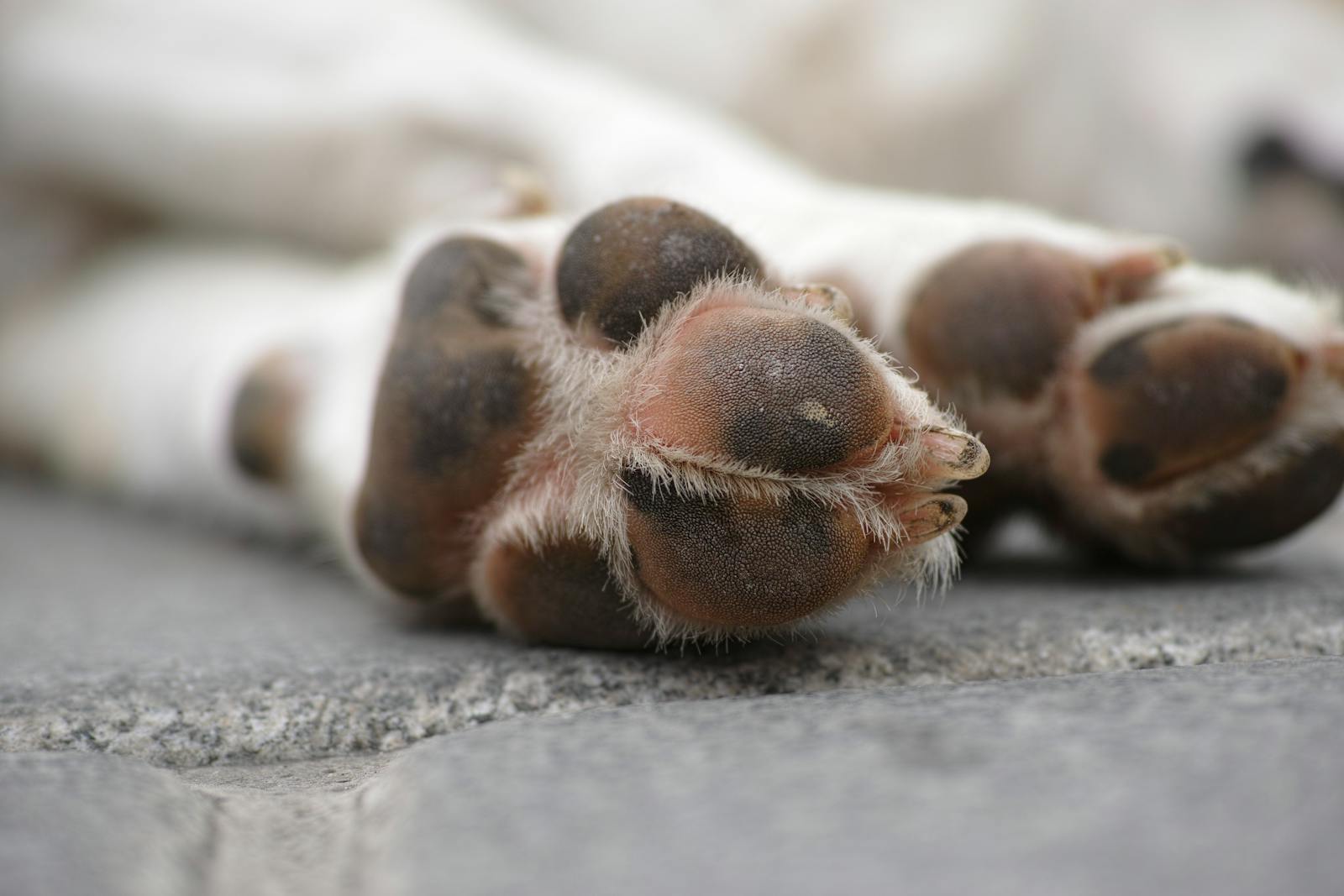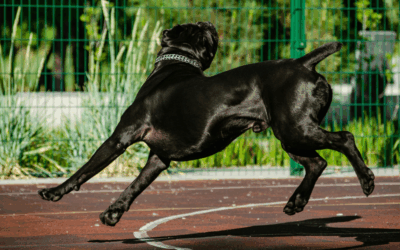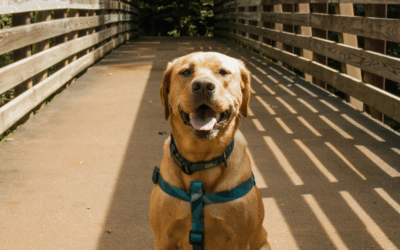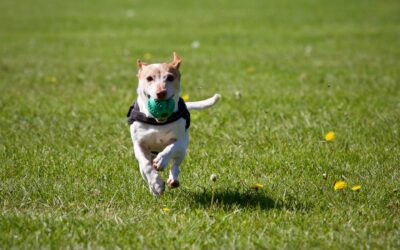Have you noticed your dog obsessively lick their paws lately? While occasional paw licking is part of your furry friend’s normal grooming routine, excessive licking can be a sign that something more serious is happening. From allergies to mental health issues, there’s usually an underlying cause for this behavior that dog owners should address promptly.
This guide will help you understand the reasons behind your dog licking paws, explore possible health concerns, and provide tips on how to manage and treat the issue. By the end, you’ll know when it’s time to consult a veterinarian for professional advice.
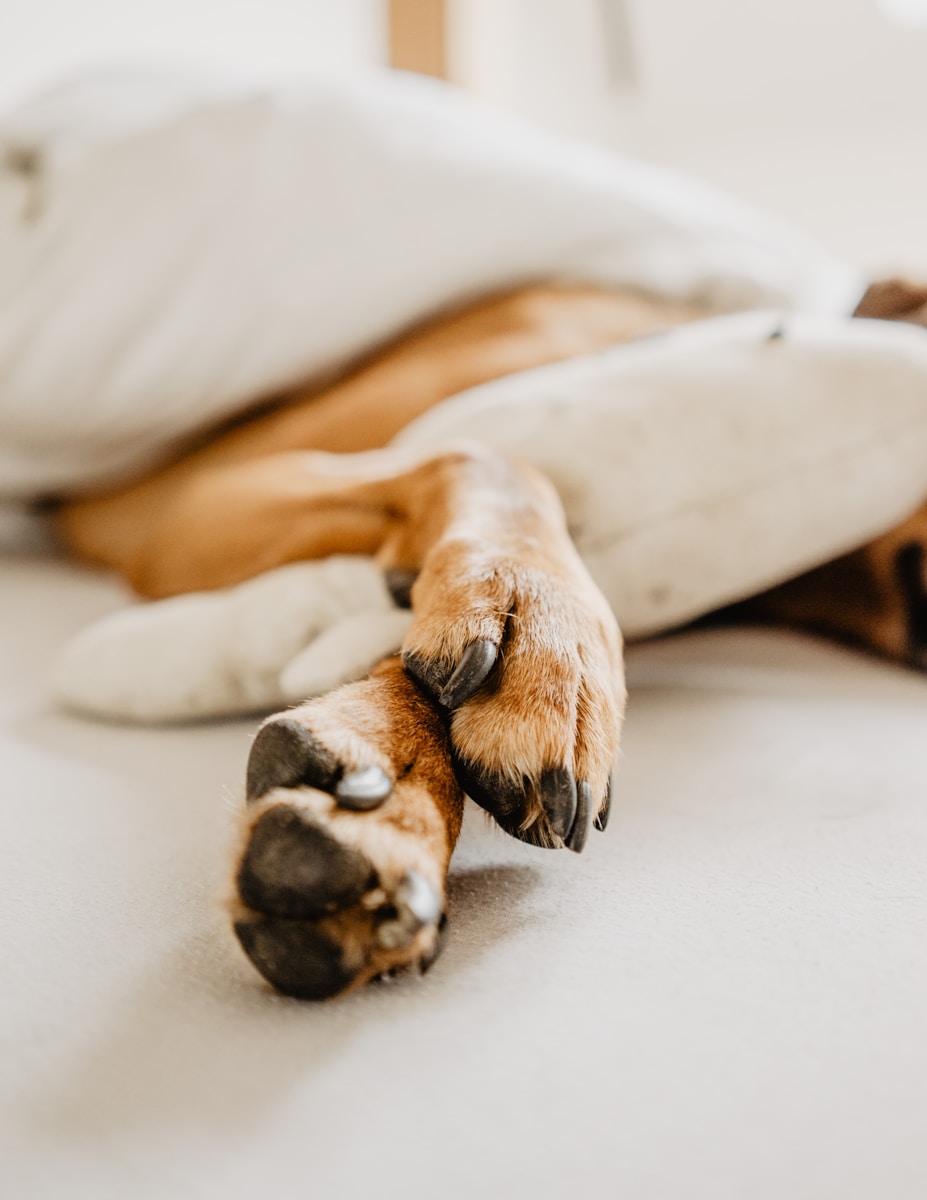
Why Do Dogs Lick Their Paws?
Most dogs lick their paws for a variety of reasons. For many dogs, occasional licking is a simple act of self-grooming to clean their paw pads and nails. However, when paw licking becomes excessive or you start to notice compulsive behaviors, it often points to an underlying issue.
Isn’t Licking Just Normal Grooming Behavior?
Licking is a natural behavior for dogs. They use their tongue to keep their coat, paws, and nails clean, much like how cats groom themselves. Occasional licking is part of their self-care routine and usually nothing to worry about unless it escalates to constant paw licking. Not all paw licking is a cause for concern. Often, it is simply part of your dog’s natural grooming process. Here are some signs that indicate your dog’s paw licking is normal behavior:
Brief and Occasional Licking
If your dog occasionally licks their paws for a short period, this is likely routine grooming. Dogs use licking to clean dirt, debris, or other substances that may accumulate on their paws during walks or outdoor play.
Calm and Relaxed Body Language
A dog engaged in normal grooming will usually appear calm and relaxed. Their licking will be controlled and deliberate rather than frenzied or excessive.
Even Focus on All Paws
During grooming, dogs will often pay equal attention to all their paws rather than fixating on a single spot. This balanced approach suggests that their licking is part of a healthy cleaning habit.
No Redness, Irritation, or Hair Loss
When licking is part of normal grooming, you won’t typically see signs of irritation, such as redness, swelling, or hair loss, on their paws. Their skin should appear healthy and intact.
Understanding these signs can help differentiate between ordinary grooming and behavior that might indicate an underlying issue. Keeping an eye on your dog’s paws regularly can help you ensure their wellbeing and catch potential problems early.
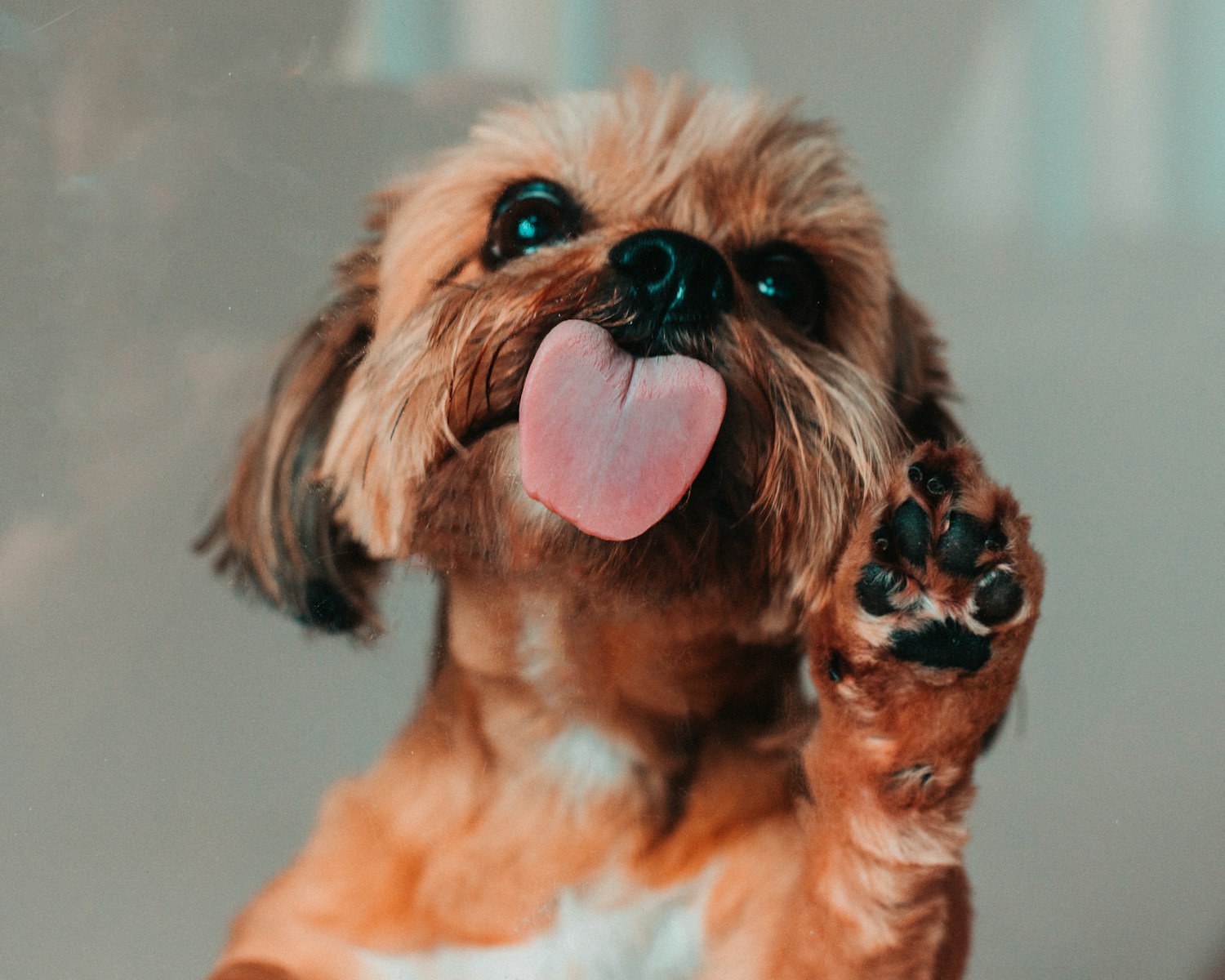
Reasons Why Dogs Lick Their Paws
Dogs may lick their paws for a variety of reasons, ranging from normal grooming behavior to underlying issues that require attention. Below are some of the most common reasons why your dog might engage in this behavior:
1. Grooming and Hygiene
It’s natural for dogs to lick their paws as part of their grooming routine. Licking helps them clean dirt, debris, or irritants like mud or grass from their paws. This behavior is usually brief and occurs occasionally.
2. Allergies
Allergies, whether environmental (such as pollen or dust mites) or food allergies, are a leading cause of paw licking. Allergens can cause itchiness and irritation, prompting dogs to lick their paws excessively in an attempt to find relief.
3. Skin Irritations or Injuries
Minor cuts, scrapes, or insect bites on a dog’s paws can lead to irritation, causing them to lick the affected area. Contact with harsh chemicals, like those found in cleaning products or road salt, may also irritate sensitive paw pads.
4. Parasites
Parasites such as fleas, ticks, or mites can cause discomfort and itching, particularly on a dog’s paws. If you notice persistent licking alongside redness, inflammation, or hair loss, it’s worth checking for parasites as the culprit.
5. Pain or Joint Problems
Sometimes dogs lick their paws in response to pain. Conditions such as arthritis, joint inflammation, or soft tissue injuries can lead to this behavior as an attempt to soothe discomfort in their legs or joints.
6. Boredom or Anxiety
Boredom, stress, or anxiety can also cause dogs to lick their paws compulsively. This might be a coping mechanism for dogs feeling stressed due to changes in their environment, separation anxiety, or insufficient mental and physical stimulation.
7. Yeast or Fungal Infections
Yeast infections often occur in warm, moist areas like between the toes, and they can lead to persistent licking and a noticeable odor. Fungal or secondary infections, such as athlete’s foot in humans, may cause similar symptoms in dogs.
8. Behavioral Compulsion
Some dogs develop compulsive licking behaviors as a result of long-term stress or underlying psychological issues. These compulsions may require behavioral training or intervention to help your dog stop the habit.
By understanding the potential reasons for paw licking, you can better identify the cause behind your dog’s behavior and take appropriate steps to address it. Always monitor your dog closely, and consult your veterinarian if excessive licking persists or worsens.
Signs You Shouldn’t Ignore
Knowing when your dog’s paw-licking behavior is a cause for concern is essential. Watch for these warning signs that indicate a deeper issue:
- Paws are excessively red, swollen, or bleeding.
- Hair loss or balding around the paw pads.
- A foul odor coming from their paws, which may indicate a bacterial or yeast infection.
- Limping or favoring one paw, suggesting pain or an injury.
- Constant licking to the point of creating hot spots or raw skin.
If you spot these symptoms, it’s time to consult your vet to uncover the underlying cause.
How to Address Dog Paw-Licking Behavior
Once you’ve identified the potential reason behind your dog’s excessive paw licking, you can take steps to treat and manage the behavior.
1. Treat Allergies
- For environmental allergies, regular paw cleaning with hypoallergenic wipes or foot soaks can reduce contact with allergens.
- Switch to a special diet if your vet suspects a food allergy. Dietary adjustments can significantly improve your dog’s skin health.
- Ask your vet about oral medications or topical treatments to reduce inflammation and itchiness and to reduce an allergic reaction.
2. Manage Pain or Discomfort
Examine your dog’s paws for foreign objects like splinters, cuts, or cracks in the paw pads. Treat minor wounds with antiseptic solutions, but consult your vet if the injury looks severe. For dogs with arthritis, your vet may recommend pain relief medications tailored to their needs.
3. Address Behavioral Issues
- Provide mental stimulation: Introduce puzzle toys, more walks, or playtime to keep your dog engaged.
- Combat separation anxiety: Gradually desensitize your dog to being alone or consider training programs to address excessive anxiety.
4. Treat Parasites and Infections
Regular flea prevention treatments should be part of your dog’s routine care. For yeast or bacterial infections, your vet may prescribe medicated shampoos, antifungal creams, or antibiotics to clear up the issue.
5. Seek Professional Advice
If the cause behind your dog’s constant licking isn’t obvious, schedule a vet appointment for a thorough examination. Your vet can run allergy tests, take skin samples, or identify less common causes like autoimmune conditions.
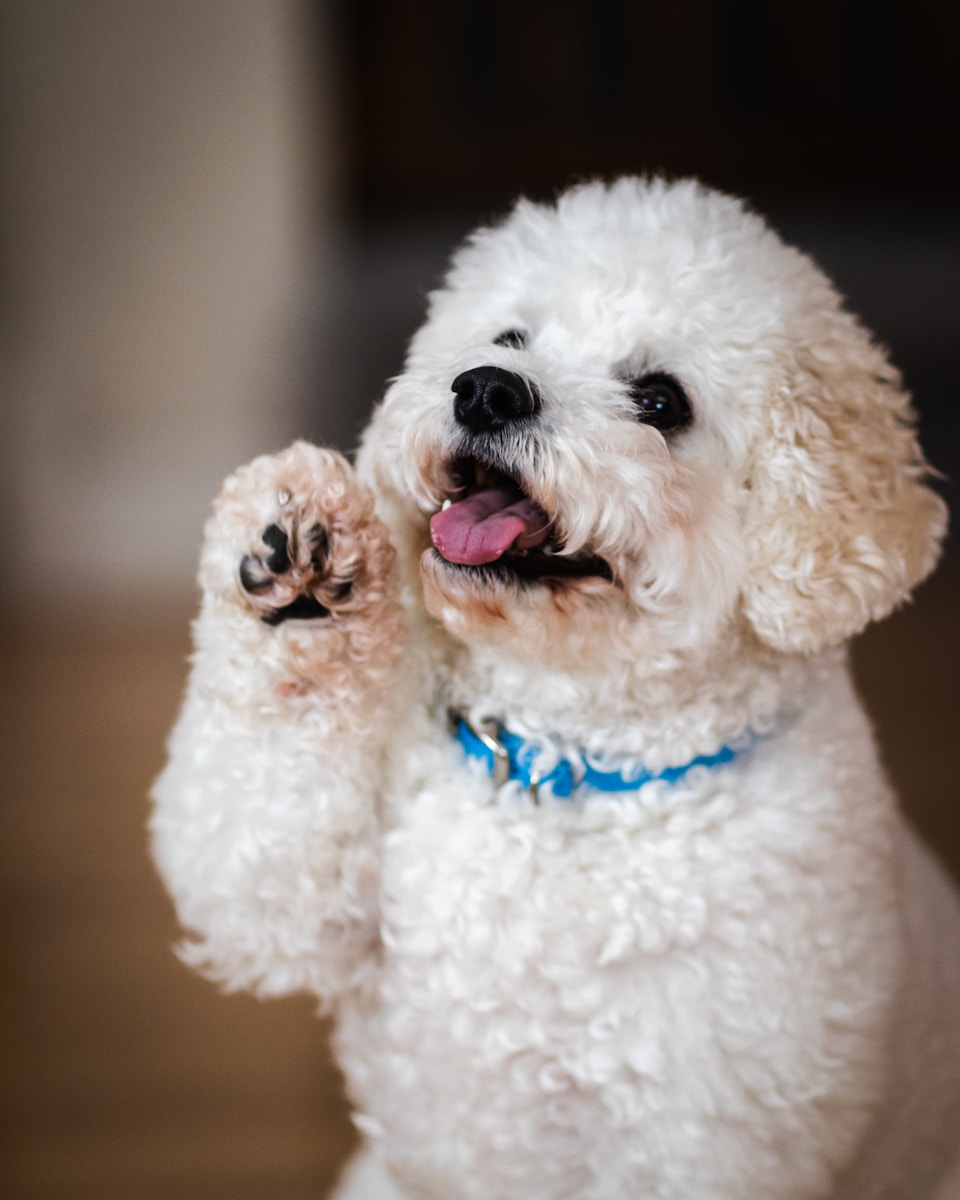
Preventing Excessive Paw Licking in the Future
Prevention is always better than a cure. Here’s how you can reduce the chances of your dog developing a paw-licking habit:
- Keep your dog’s nails trimmed and paw pads moisturized to avoid cracks and discomfort.
- Regularly check your dog’s paws for injuries or foreign objects after walks.
- Stick to a healthy, high-quality diet tailored to your dog’s breed and lifestyle.
- Use flea preventives and maintain a clean living environment to protect against parasites.
- Incorporate mental and physical stimulation into your dog’s daily routine.
Snouts and Stouts Indoor Dog Park and Bar can serve as an outlet for your dog’s energy, essentially resulting in less anxiety and compulsive behaviors. Visit us today!
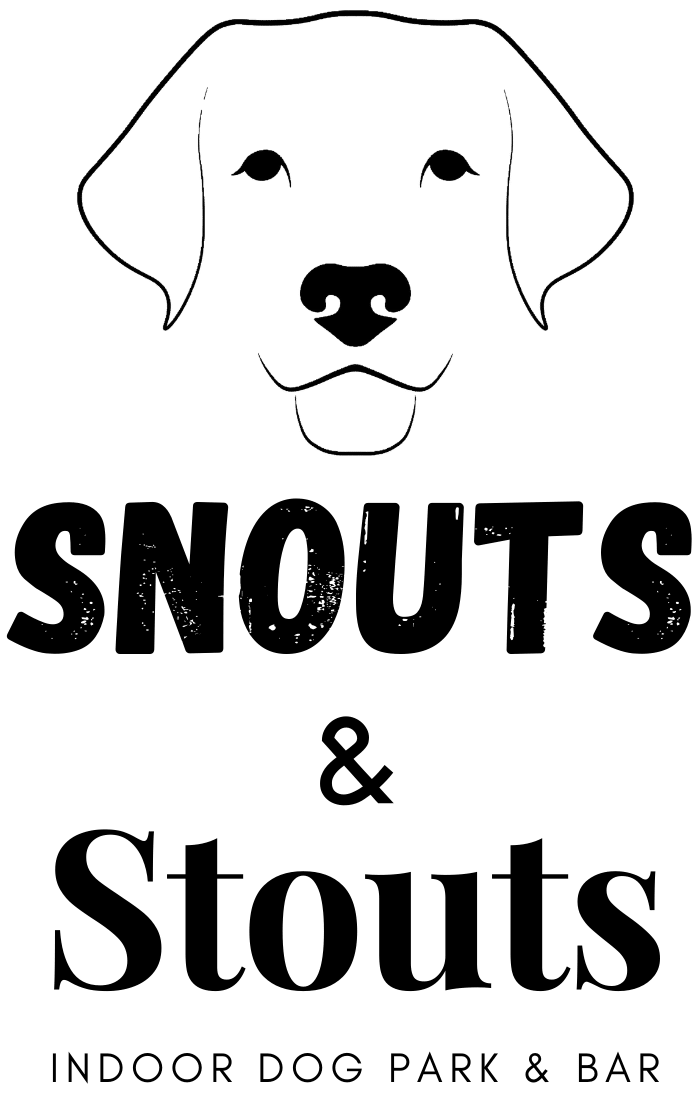
Top Products and Brands for Excessive Paw Licking
If your dog is licking their paws excessively, certain products can help address the issue by soothing irritation, protecting sensitive skin, or tackling potential underlying causes such as dryness, allergies, or infections. Below are six recommended products and brands designed to address excessive paw licking:
Natural Dog Company Paw Soother
This balm provides soothing relief for irritated, cracked, or dry paw pads. Made with all-natural, organic ingredients, it helps nourish and protect your dog’s paws effectively.
Vet’s Best Allergy Itch Relief Spray
This spray is formulated using essential oils and plant-based ingredients to relieve itching caused by allergies, including excessive licking and chewing.
Musher’s Secret Paw Wax
Originally designed for sled dogs, this paw wax creates a breathable barrier to protect paw pads from harsh elements like ice, snow, and rough terrain while moisturizing and preventing irritation.
Zesty Paws Aller-Immune Bites
These dog-friendly chews are packed with ingredients like colostrum and probiotics to support your dog’s immune system and reduce allergy-related licking and itching.
Epi-Pet Ear & Skin Cleaner
This versatile product is safe for both ears and skin, making it ideal for cleaning and soothing irritated paw pads. It helps remove contaminants and allergens that may cause excessive licking.
PetLab Co. Skin and Coat Supplements
These dietary supplements promote healthier skin and coat, addressing underlying issues like dryness and allergies that might lead to paw licking. They contain ingredients like omega-3s and biotin.
Using these products as part of a comprehensive approach, alongside veterinary advice, can help address the causes of excessive paw licking and keep your furry friend comfortable and healthy.
Dog Licking Paws Because of Something Serious?
Understanding why dogs lick their paws is key to ensuring your pet’s health and happiness. While occasional licking is perfectly normal, excessive or obsessive licking requires a closer look to determine the cause and find the appropriate treatment.
For dog owners, your furry friend’s wellbeing hinges on early identification of health problems, whether it’s allergies, infections, or behavioral issues. Don’t wait! If your dog’s paw licking seems out of the ordinary, consult your vet to ensure their paws stay happy and healthy.

